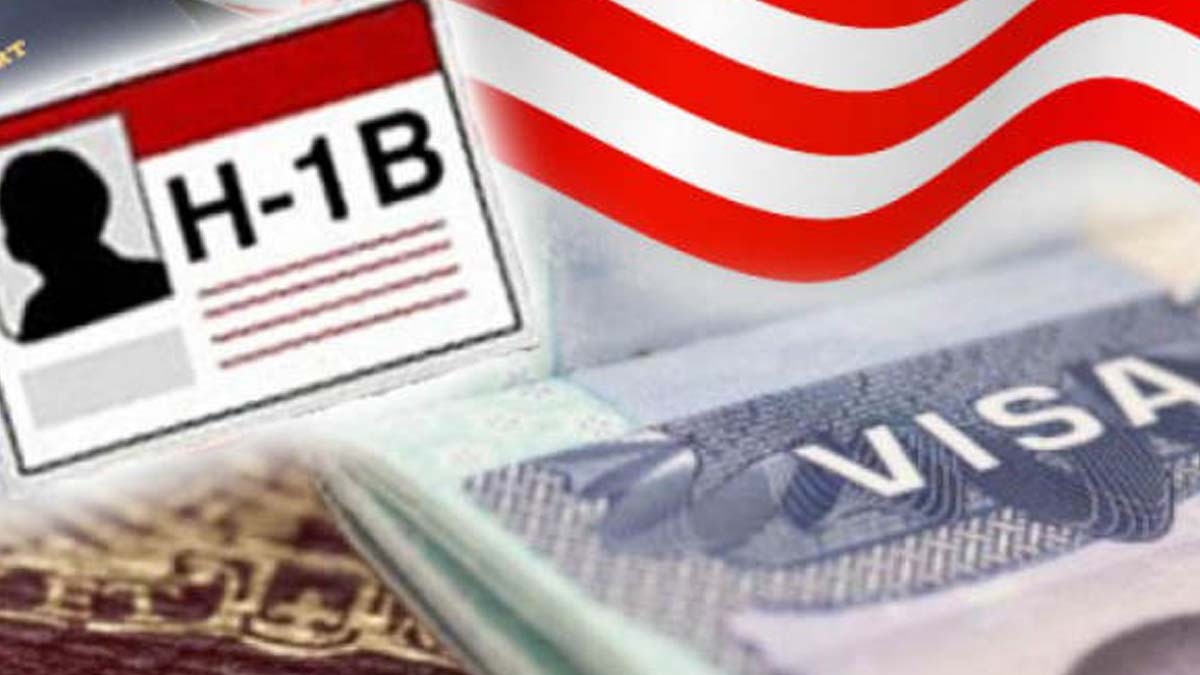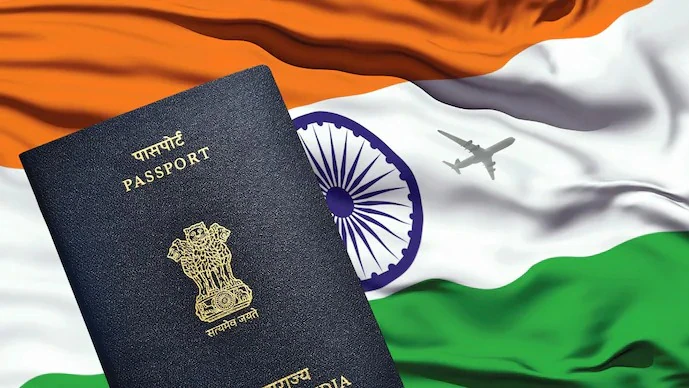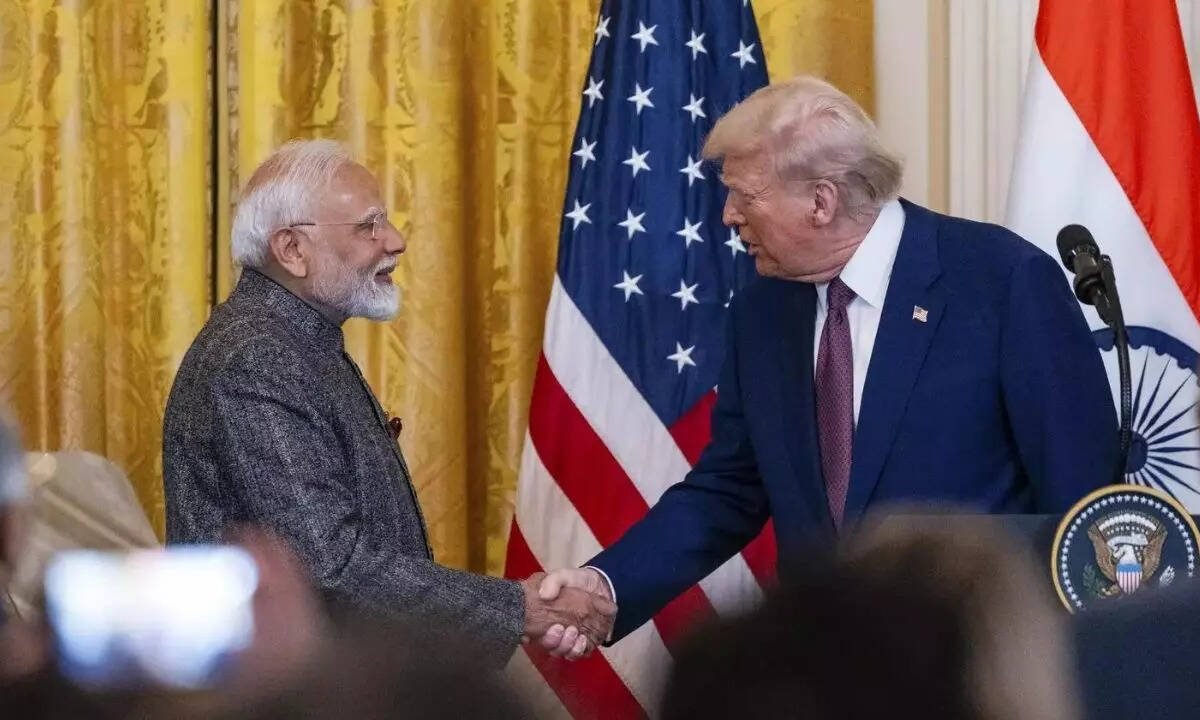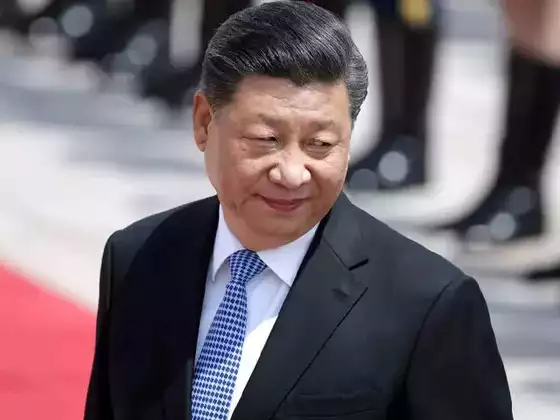As the Trump administration advances these policies, high-skilled immigration pathways may become increasingly challenging, with broad implications for foreign professionals and international students aspiring to build careers in the United States.
The Trump administration continues its hard-line stance on immigration with recent appointments signaling a renewed focus on border security and tighter restrictions on high-skilled work visas. Stephen Miller, a longtime adviser known for his restrictive views on immigration, has been appointed as deputy chief of policy. This selection reinforces Trump’s commitment to curbing work opportunities for foreign nationals, especially through the H-1B visa program. Miller’s influence in previous Trump policies, such as the controversial 2018 family separation policy, marks him as a key figure shaping the administration’s approach to immigration.
There is also support for the Cruz-Sessions bill, which proposes a high salary threshold and a requirement for H-1B visa holders to work outside the U.S. for a decade before qualifying for positions within the country
Another critical appointment is Tom Homan, former acting director of Immigration and Customs Enforcement (ICE), named by Trump as the “Border Czar.” Homan’s responsibility will extend across all U.S. borders—Southern, Northern, maritime, and aviation—where he will oversee border enforcement and the deportation of undocumented migrants. Known for his no-nonsense approach, Homan’s viral remark advising illegal migrants to “pack your bags” captures his assertive stance on border control.
Beyond border security, Miller’s and Homan’s roles are likely to impact U.S. work visa programs, particularly the H-1B visa. Despite economic studies showing the benefits of high-skilled immigrants and international students to the U.S. economy, the Trump administration has taken measures to restrict H-1B visas and reduce incentives for foreign nationals to study and work in the U.S. Under Miller’s guidance, Trump’s first term saw attempts to dismantle the Optional Practical Training (OPT) program, which allows international students to work in the U.S. post-graduation.
***********************************************************************
Readers











